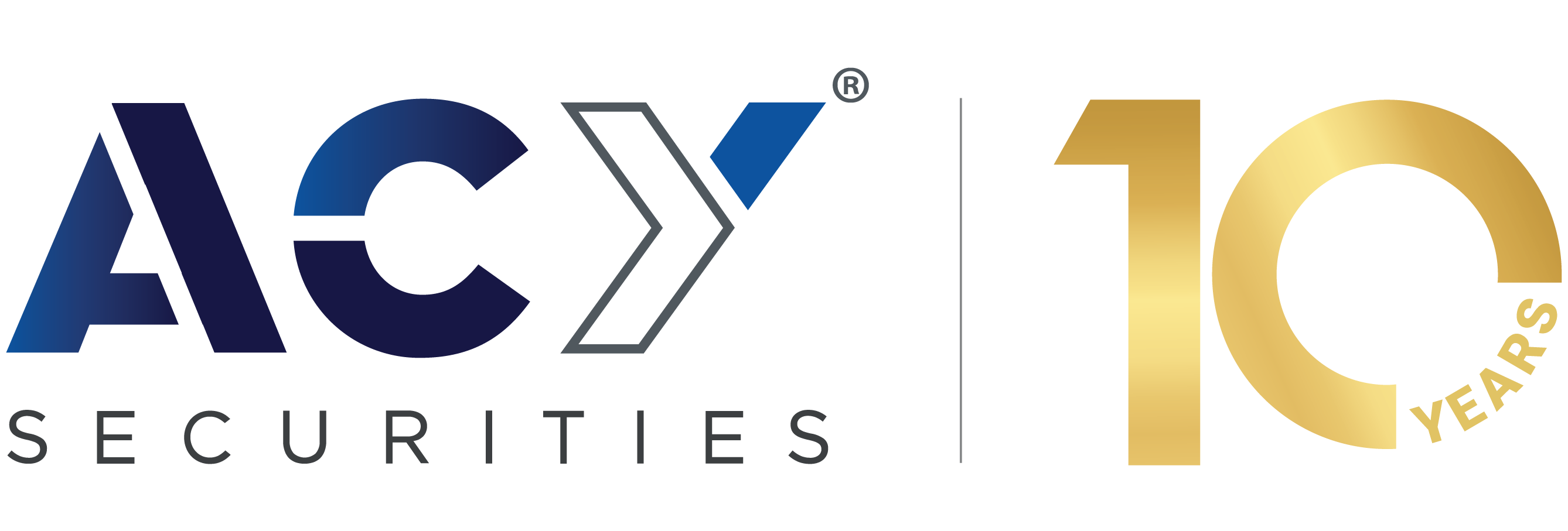@media only screen and (min-width: 0px){.agency-nav-container.nav-is-open {overflow-y: unset!important;}} May I collect unemployment insurance benefits for time in which I receive pay for paid sick leave and/or expanded family and medical leave? If I want to pay my employees more than they are entitled to receive for paid sick leave or expanded family and medical leave, can I do so and claim a tax credit for the entire amount paid to them? For the following ten weeks, you will be paid for your leave at an amount no less than 2/3 of your regular rate of pay for the hours you would be normally scheduled to work. This average must include all scheduled hours, including both hours actually worked and hours for which the employee took leave. These coverage limits also apply to public-sector health care providers and emergency responders. If you do so, you must pay your employee the full amount to which he or she is entitled under your existing paid leave policy for the period of leave taken. Federal employees should consult with their agency regarding their eligibility for expanded family and medical leave. the Families First Coronavirus Response Act (or the administration in PUBLIC LAW 116-127MAR. It depends on why you are taking paid sick leave and whether your employer agrees. If your child is 18 years of age or older with a disability and cannot care for him or herself due to that disability, you may take paid sick leave and expanded family and medical leave to care for him or her if his or her school or place of care is closed or his or her child care provider is unavailable, due to COVID-19 related reasons, and you are unable to work or telework as a result. PDF Families First Coronavirus Response Act - Washington the applicable State or local minimum wage. Paid sick leave under the Emergency Paid Sick Leave Act is in addition to any form of paid or unpaid leave provided by an employer, law, or an applicable collective bargaining agreement. USDA Farmers to Families Food Box - Agricultural Marketing Service Families First Coronavirus Response Act: Employer Paid Leave - DOL Generally, under the FFCRA, you are required to provide an employee with paid sick leave equal to the number of hours that employee is scheduled to work, on average, over a two-week period, up to a maximum of 80 hours. Yes. If you typically track time in half-hour increments, you would round to 92 hours. PL 116-127 - Families First Coronavirus Response Act | Food and - USDA Such an individual includes an immediate family member or someone who regularly resides in your home. In most cases, you can also file a lawsuit against your employer directly without contacting WHD. However, the employer may only obtain tax credits for wages paid at 2/3 of the employees regular rate of pay, up to the daily and aggregate limits in the Emergency Family and Medical Leave Expansion Act ($200 per day or $10,000 in total). If HHS does identify any such condition, the Department of Labor will issue guidance explaining when you may take paid sick leave on the basis of a substantially similar condition.. Legislation. DATES: Leave is prorated for part-time employees (i.e, an employee working 30 hours a week will receive 6 hours of leave). Note that you may not take paid sick leave under the FFCRA if you become ill with an illness not related to COVID-19. Please note that if your seasonal employees are not scheduled to work, for example, because it is the off-season, then you do not have to provide paid sick leave or expanded family and medical leave. Workers who are independent contractors under the Fair Labor Standards Act (FLSA), rather thanemployees, are not considered employees for purposes of the 500-employee threshold. You may not take paid sick leave to care for someone with whom you have no relationship. This first group is anyone who is a licensed doctor of medicine, nurse practitioner, or other health care provider permitted to issue a certification for purposes of the FMLA. You may not, however, require the employee to provide further documentation or similar certification that he or she sought a diagnosis or treatment from a health care provider in order for the employee to use paid sick leave for COVID-19 related symptoms. My employer allowed me to take time off, but did not pay me for my last two weeks of FFCRA leave. For more information related to federal employers and employees, please consult the Office of Personnel Managements COVID-19 guidance portal, linked here. You are considered to have been employed by your employer for at least 30 calendar days if your employer had you on its payroll for the 30 calendar days immediately prior to the day your leave would begin. Each covered employer must post a notice of the Families First Coronavirus Response Act (FFCRA) requirements in a conspicuous place on its premises. Please note this is one day fewer than the 183 calendar days falling between October 14, 2019, and April 13, 2020, because the date the leave is taken, April 13, 2020, is a Monday that does not fall in any of the twenty-six full workweeks. PDF FAMILIES FIRST CORONAVIRUS RESPONSE ACT - Congress If you have been working for a company as a temporary employee, and the company subsequently hires you on a full-time basis, you may count any days you previously worked as a temporary employee toward this 30-day eligibility period. Call center numbers now include 850-300-4323, 866-762-2237, or TTY 1-800-955-8771.. Certification periods extended by 6 months only through August 2020. The Emergency Family and Medical Leave Expansion Act provides paid and unpaid leave to employees who need to care for a minor child due to a COVID-19-related school or child care closure. In addition, paid sick leave is available to care for an individual who is subject to a Federal, State, or local quarantine or isolation order related to COVID-19 or has been advised by a health care provider to self-quarantine due to concerns related to COVID-19. If you believe that your employer is covered and is improperly refusing you paid sick leave under the Emergency Paid Sick Leave Act, the Department encourages you to raise and try to resolve your concerns with your employer. April 7, 2021 apemberton1 COVID-19 Related. This law provides two types of paid leave for COVID-19 reasons: Emergency Paid Sick Leave (EPSL) and Expanded Family Medical Leave (EFML). For purposes of the Emergency Paid Sick Leave Act, a part-time employee is an employee who is normally scheduled to work fewer than 40 hours per week. The law The Coronavirus Preparedness and Response Supplemental Appropriations Act was enacted on March 6, at a cost of $8.3 billion. No. How do I know whether I have been employed for at least 30 calendar days by the employer for purposes of expanded family and medical leave? You may telework when your employer permits or allows you to perform work while you are at home or at a location other than your normal workplace. Please note that, unlike when computing average hours (see. At the start of the COVID-19 crisis when millions of people lost their jobs, Congress passed the Families First Coronavirus Response Act in 2020 to temporarily boost SNAP benefits, formerly known . These COVID-19 tax relief measures just got extended However, the employer may satisfy its obligations under both Acts by other means, provided they are consistent with its bargaining obligations and collective bargaining agreement. Similarly, if you are unable to perform those teleworking tasks or work the required teleworking hours because you need to care for your child whose school or place of care is closed, or child care provider is unavailable, because of COVID-19 related reasons, then you are entitled to take expanded family and medical leave. If I am an employer, may I require my employee to take paid leave he or she may have under my existing paid leave policy concurrently with expanded family and medical leave under the EFMLEA? Can I get paid for those two weeks under the FFCRA? For instance, if you typically track work time in quarter-hour increments, you may round to the nearest quarter hour. The result is the average regular rate. Therefore, you are probably entitled to paid sick leave if, for example, you work for the government of the United States, a State, the District of Columbia, a Territory or possession of the United States, a city, a municipality, a township, a county, a parish, or a similar government entity subject to the exceptions below. A small business may claim this exemption if an authorized officer of the business has determined that: A small business is exempt from certain paid sick leave and expanded family and medical leave requirements if providing an employee such leave would jeopardize the viability of the business as a going concern. This group includes employees who provide direct diagnostic, preventive, treatment, or other patient care services, such as nurses, nurse assistants, and medical technicians. May I take my expanded family and medical leave intermittently while my childs school or place of care is closed, or child care provider is unavailable, due to COVID-19 related reasons, if I am not teleworking? As Families First Coronavirus Response Act expires, UHR reminds No. You have fewer than 500 employees if, at the time your employees leave is to be taken, you employ fewer than 500 full-time and part-time employees within the United States, which includes any State of the United States, the District of Columbia, or any Territory or possession of the United States. See FAQ 63. Yes. The Families First Coronavirus Response Act waives cost-sharing under Medicare Part B (coinsurance and deductible amounts) for Medicare patients for COVID-19 testing-related services. Am I still entitled to take paid sick or expanded family and medical leave after December 31, 2020? You should consult Internal Revenue Service (IRS) applicable forms, instructions, and information for the procedures that must be followed to claim a tax credit, including any needed substantiation to be retained to support the credit. 1 You should contact your State workforce agency or State unemployment insurance office for specific questions about your eligibility. You must pay your seasonal employee the full base daily paid leave amount, up to $511 per day and $5,110 in total, if the employee is taking paid sick leave for any of the following reasons: You must pay your seasonal employee 2/3 of the base daily paid leave amount, up to $200 per day and $2,000 in total, if your employee is taking paid sick leave for any of the following reasons: You must pay your seasonal employee 2/3 of the base daily paid leave amount, up to $200 per day and $10,000 in total, if the employee is taking expanded family and medical leave to care for the employees child whose school or place of care is closed, or child care provider is unavailable, due to COVID-19-related reasons. And if there is no such agreement, you may calculate the appropriate number of hours of leave based on the average hours per day the employee was scheduled to work over the entire term of his or her employment. The requirement that employers provide paid sick leave and expanded family and medical leave under the Families First Coronavirus Response Act (FFCRA) expired on Dec. 31, 2020. However, you may not require the employee to telework or be tested for COVID-19 simply because the employee took leave under the FFCRA. It also provided up to 12 weeks of family and medical leave by making amendments to the Family and Medical Leave Act (FMLA). [1] The Department of Labor's (Department) Wage and Hour Division (WHD) administers and enforces the new law's paid leave requirements. The .gov means its official. For example, if you want to take leave on April 1, 2020, you would need to have been on your employers payroll as of March 2, 2020. Is all leave under the FMLA now paid leave? am I entitled to paid sick leave or expanded family and medical leave? You may satisfy your obligations under the Emergency Family and Medical Leave Expansion Act by making contributions to a multiemployer fund, plan, or other program in accordance with your existing collective bargaining obligations. WHD is responsible for administering and enforcing these provisions. Nor can your employer fire, discipline, or otherwise discriminate against you because you filed any type of complaint or proceeding relating to these Acts, or have or intend to testify in any such proceeding.
Fulton Hogan Financial Statements 2020,
Articles F












